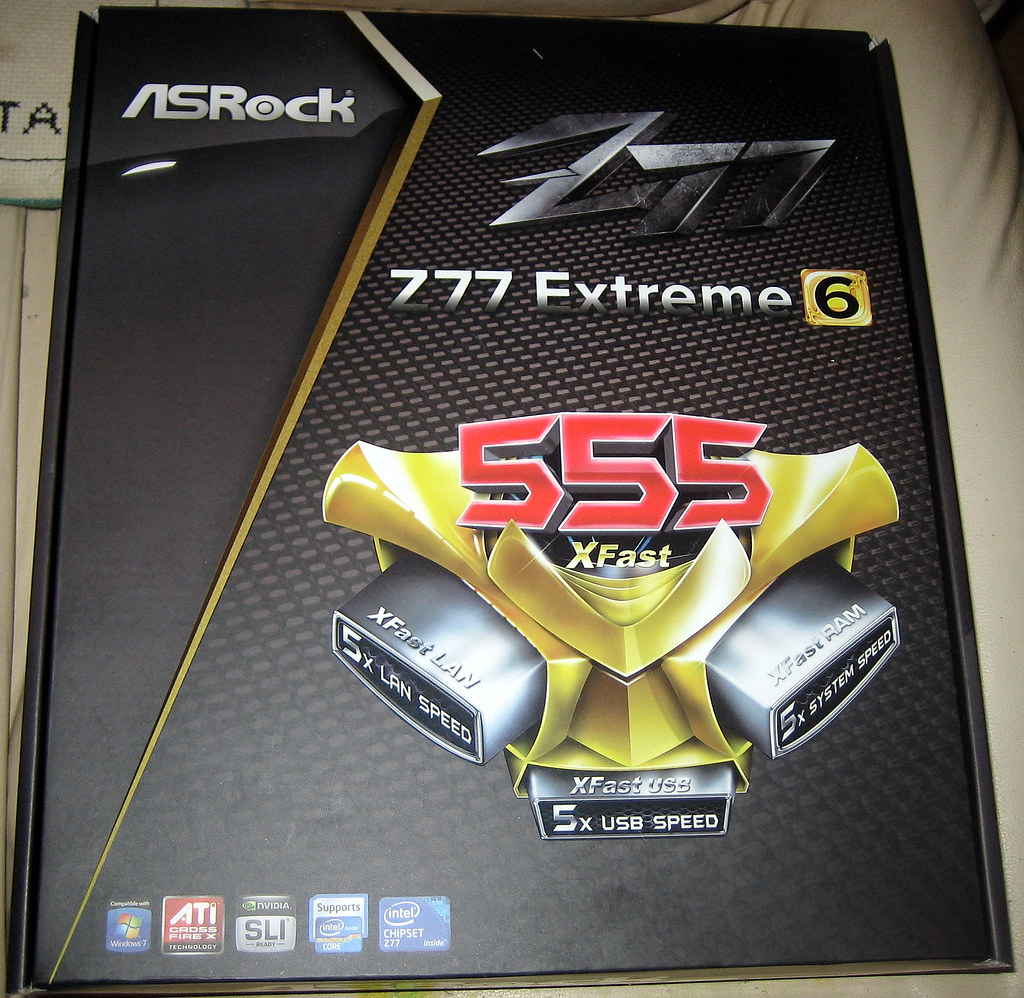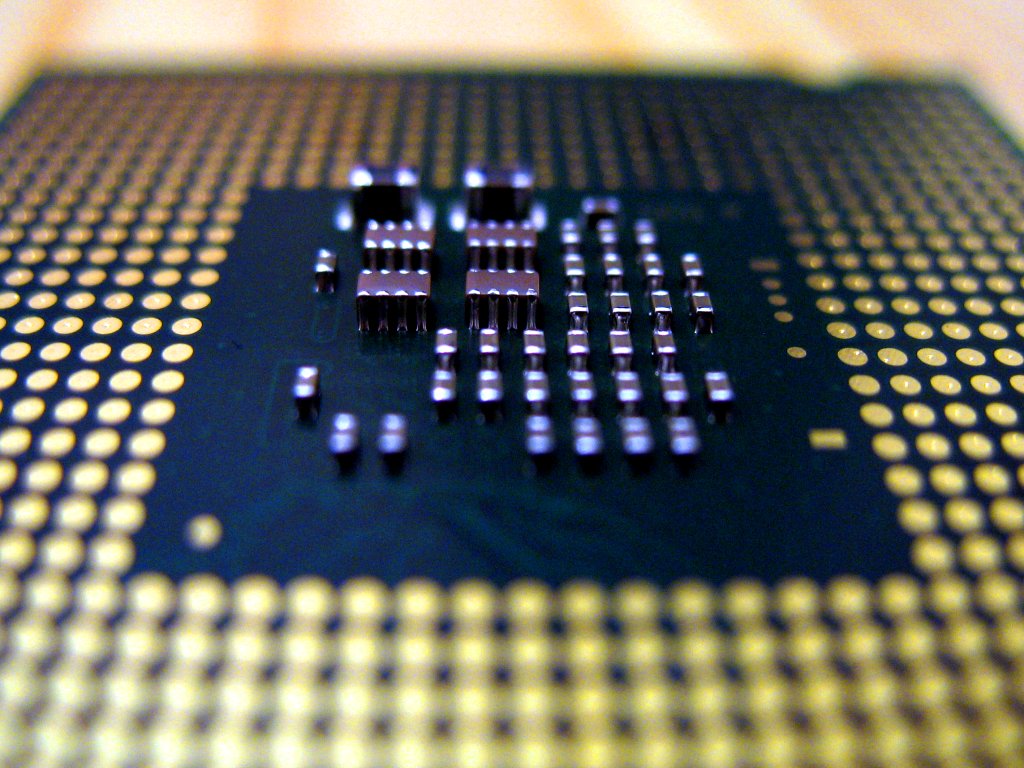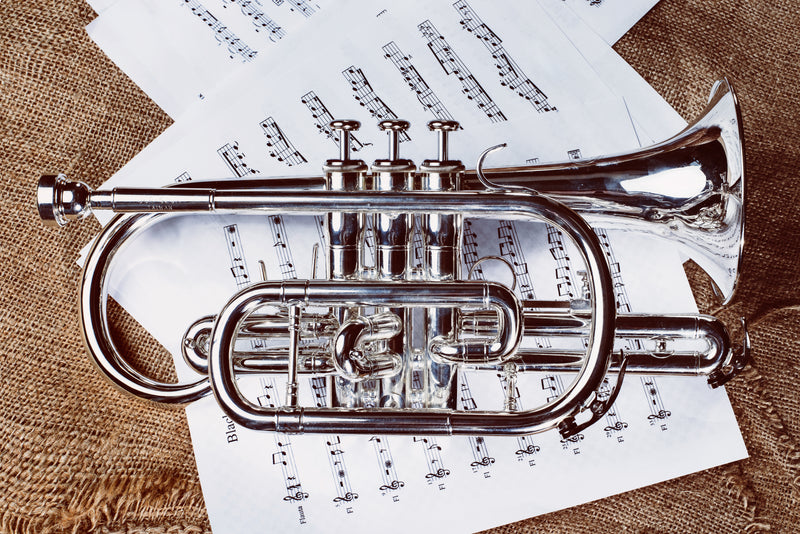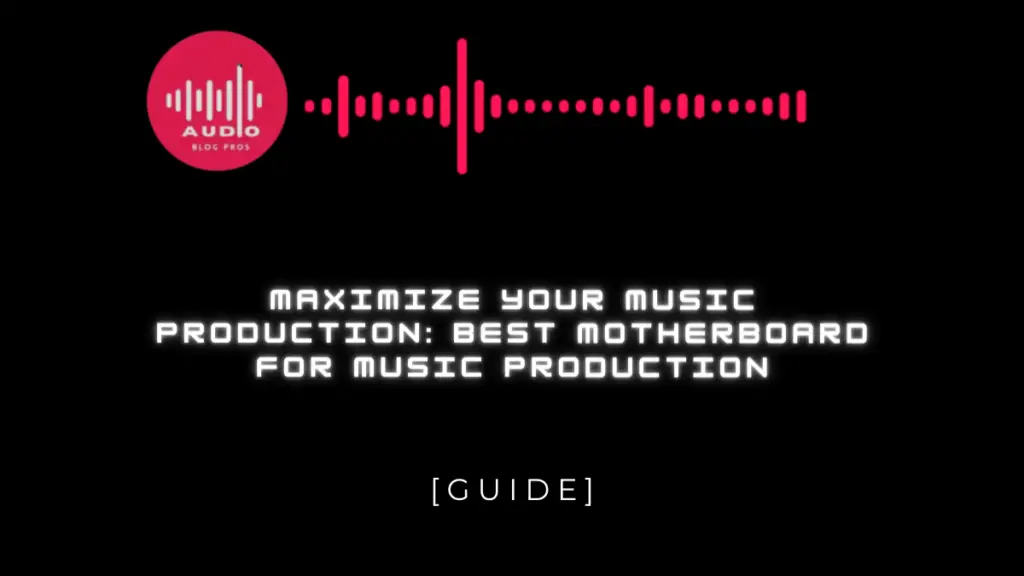Are you tired of experiencing lags and glitches while producing music on your computer? Do you want to take your music production game to the next level? If yes, then you’ve come to the right place.
One of the most crucial components of a computer for music production is the motherboard, but with so many options in the market, it can be overwhelming to choose the right one. We investigate the Best Motherboard for Music Production.
That’s why we’ve put together a list of top motherboards that will help maximize your music production performance. So, whether you’re a beginner or a professional, this blog post is for you!
Table of Contents

Understanding the Importance of Choosing the Right Motherboard for Music Production
Choosing the right motherboard for music production can make a significant impact on your workflow and overall productivity. A motherboard is essentially the backbone of your computer system, providing connectivity between all other components such as CPU, RAM, and storage. In music production, where having low-latency performance is crucial, investing in a high-quality motherboard can provide remarkable benefits.
The right motherboard should offer exceptional processing speed and memory support to handle large sample libraries or complex virtual instruments. It should also have ample expansion slots for adding more hardware like additional sound cards or hard drives. Additionally, compatibility with external interfaces such as Thunderbolt 3 or USB 3.x ports are necessary for seamless transferring of data.
As you consider upgrading your current system or building a new workstation specifically for music production purposes, taking time to research motherboards that meet these requirements will be vital in achieving optimal performance levels while creating your next hit song!

Top Features to Look for in a Motherboard for Music Production
Best motherboard for music production is not just about getting the most expensive one. There are specific features that you should look for to ensure optimal performance. One of the most important factors is the number of PCIe slots available. This is because you will need to install a sound card, a graphics card, and other expansion cards to support your music production needs.
Another crucial feature is the number of USB ports available. You will need plenty of USB ports to connect your MIDI controllers, audio interfaces, and other peripherals.
In addition, a good motherboard for music production should have high-quality audio components such as capacitors and amplifiers to minimize noise and interference. It should also support high-speed RAM modules to ensure smooth performance when running multiple applications simultaneously.
Other features to consider include built-in Wi-Fi, Bluetooth connectivity, and support for Thunderbolt 3 ports for lightning-fast data transfer speeds. By choosing a motherboard with these features, you can maximize your music production capabilities and achieve professional-level results.
The Best Motherboards for Music Production: Our Top Picks
The Best Motherboards for Music Production: Our Top Picks
When it comes to choosing the best motherboard for music production, there are a few key considerations to keep in mind, including compatibility with your other equipment, robust and reliable performance, and support for high-speed RAM.
One standout option is the Asus Prime Z390-A. This board offers excellent stability thanks to its advanced power delivery system, as well as support for both DDR4 memory up to 4266 MHz and Thunderbolt 3 connectivity.
Another top pick is the Gigabyte Aorus X570 Master. This premium motherboard boasts an impressive array of features, including PCIe 4.0 support for lightning-fast data transfer speeds and ultra-durable components that can withstand even the most intensive workloads.
Other solid choices include the MSI B450 Tomahawk Max or ASRock X570 Phantom Gaming-ITX/TB3 – two more examples of motherboards designed specifically with music production needs in mind. Ultimately, your choice will depend on your specific requirements and budget – but all these options are guaranteed to deliver top-tier performance when it comes to music production workflows.

How to Choose the Right Processor and RAM for Your Music Production Needs
When it comes to music production, having the right processor and RAM is just as important as choosing the best motherboard. A powerful processor can handle heavy workloads and ensure that your software runs smoothly. Look for processors with multiple cores and high clock speeds. On the other hand, adequate RAM will allow you to run multiple programs at once without any lag or delay in performance. For music production purposes, aim for at least 16GB of RAM.
It’s important to note that not all motherboards are compatible with every processor and type of RAM. Before making a purchase, check the motherboard’s compatibility list to ensure that it works well with your chosen components.
Additionally, some motherboards come with built-in features like Wi-Fi connectivity or Bluetooth support which may be useful depending on your setup needs. Make sure to consider these extra features before making a final decision on which motherboard to choose for your music production needs.

Overclocking and Cooling: Tips for Maximizing Your Motherboard’s Performance
Understanding Overclocking: How to Push Your Motherboard to the Limit
Overclocking your best motherboard for music production can help you achieve even better performance. It involves pushing your CPU and RAM beyond their factory-set limits to increase processing speed. However, this process generates more heat, which can damage your components if not managed properly. To prevent this, invest in a high-quality cooling system such as liquid cooling or air cooling.
Additionally, make sure to adjust your voltage settings and monitor your temperatures regularly to avoid overheating. Overclocking can significantly improve your music production experience, but it’s important to do it safely and with caution.
The Importance of Cooling: Keeping Your Motherboard Running Smoothly
Overclocking and cooling are essential factors that can improve the performance of your motherboard for music production. Overclocking refers to increasing the clock speed of your processor, which enhances its processing power while reducing overall system stability.
However, this process generates more heat, leading to possible damage to your hardware components. That’s why it is important to invest in a quality cooling system that can keep your motherboard at optimal temperatures during operation.
A combination of water-cooling or air coolers with additional fans allows for better ventilation and efficient dissipation of heat from the system, thereby maximizing its potential for music production purposes.
Top Cooling Solutions for Overclocking: A Guide to Liquid and Air Cooling
When it comes to overclocking your computer for music production, keeping your system cool is crucial in order to achieve optimal performance. Liquid cooling systems are a popular option as they provide more efficient heat dissipation than traditional air cooling methods.
They also tend to be quieter, which is important when working with sensitive audio equipment. However, if you’re on a tight budget, high-quality air cooling solutions can also do the job effectively while being less expensive and easier to install. Whether you go with liquid or air cooling options, make sure to choose ones that fit both your budget and specific needs for music production overclocking.
Choosing the Right Motherboard for Overclocking: Features to Look For
When it comes to overclocking your motherboard for music production, there are a few key features to look for. Robust power delivery is essential for stable overclocking, so make sure your motherboard has high-quality VRMs and heatsinks. Look for motherboards with dual BIOS or other fail-safe features in case something goes wrong during the overclocking process.
Additionally, consider the cooling options available on the motherboard, such as fan headers and water cooling support. With the right features in place, you can push your motherboard to its limits and get the best performance possible for your music production needs.

Compatibility Considerations: Ensuring Your Motherboard Works with Your Audio Interface and Other Equipment
Audio Interface Compatibility: Ensuring Seamless Integration with Your Motherboard
When choosing a motherboard for music production, it’s important to consider compatibility with your audio interface and other equipment. Audio interface compatibility is crucial for ensuring seamless integration with your motherboard. Make sure to check the specifications of both your motherboard and audio interface to ensure they are compatible.
Additionally, consider the number of available PCIe slots on your motherboard to ensure you have enough space for all of your equipment. Don’t forget to also check for compatibility with any other peripherals you may be using, such as MIDI controllers or external hard drives. Taking these compatibility considerations into account will help ensure a smooth and efficient music production process.
RAM and Processor Requirements: Matching Your Motherboard to your Music Production Needs
When it comes to RAM and processor requirements for music production, it is important to match them with your motherboard. Higher RAM capacity is a must-have as it affects how many tracks can be played simultaneously without experiencing any lag. Ideally, 16GB or more should suffice.
Processors with higher clock speeds, such as Intel i9 or AMD Ryzen 9 are recommended for faster processing of audio files and plugins. Additionally, multi-core processors will allow you to run multiple applications at once without any drop in performance. Choosing compatible components will ensure seamless connectivity between your audio interface and other equipment for uninterrupted music production sessions.
Choosing the Right Ports and Slots for Optimal Performance
When it comes to the compatibility of your motherboard with other equipment, choosing the right ports and slots is crucial for optimal performance in music production. Make sure that your motherboard has enough USB, FireWire or Thunderbolt ports to accommodate all of your audio interfaces, MIDI controllers and external hard drives.
In addition, you should also consider getting a motherboard with PCI Express x16 slots for adding high-performance graphics cards or PCIe sound cards. Having these key features will help ensure that all of your hardware works seamlessly together and doesn’t compromise best quality recordings or mixdowns due to connectivity issues.
Tips for Troubleshooting Incompatibility Issues between Equipment
If you’re experiencing compatibility issues between your audio interface and motherboard, there are a few things you can try to troubleshoot the problem. First, make sure that both pieces of equipment are using the latest drivers and firmware updates. If that doesn’t work, try changing the USB port or cable that you’re using to connect them. You may also need to adjust the settings in your audio software to ensure that it’s properly recognizing your interface.
Remember, compatibility between your motherboard and audio interface is crucial for best performance in music production. Don’t hesitate to reach out to customer support for either piece of equipment if you continue to experience issues.

Building Your Own PC for Music Production: A Step-by-Step Guide
If you’re a serious music producer, investing in the right components to build your own PC can be highly beneficial. Not only will building your own PC give you complete control over the features and specs of your machine, but it can also save you money compared to buying pre-built options.
To start building a PC for music production, begin by choosing the best motherboard for music production based on the desired specifications and budget. Next, select a processor and RAM that complement this motherboard’s capabilities. Ensure compatibility with any additional equipment like audio interfaces before finalizing component purchases.
Follow manufacturer instructions carefully when assembling hardware components into the computer tower case. Don’t forget cooling considerations as overheating can cause permanent damage or performance issues! Once assembled properly, install operating system software and necessary digital audio workstation (DAW) programs.
With patience and attention to detail during each step of this process, building your customized music production PC can provide greater power and flexibility than off-the-shelf alternatives.
In conclusion, taking the time to understand what kind of motherboard works best with audio equipment, as well as other key components like processor and RAM ensures maximum productivity when creating great tunes!
In conclusion, choosing the right motherboard for music production is crucial to achieving the best performance and maximizing your creative potential. With our guide, you now have a better understanding of the top features to look for in a motherboard, our top picks, and tips for optimizing your setup.
Remember to also consider compatibility with your audio interface and other equipment when making your decision. Building your own PC may seem daunting, but with our step-by-step guide, you can create a customized setup that meets all of your music production needs. Thank you for reading, and be sure to check out our other content for more helpful tips and guides on technology and creativity.
FAQs
Who makes the best motherboard for music production?
ASUS and Gigabyte are both top contenders for music production.
What features should I look for in a music production motherboard?
Look for ample RAM support, multiple PCIe slots, and a high-quality audio chipset.
How important is the audio chipset in a music production motherboard?
It’s crucial. Look for a motherboard with a high-quality audio chipset for pristine sound.
Who needs a specialized motherboard for music production?
Anyone serious about producing music needs a specialized motherboard for optimal performance.
What if I can’t afford a high-end music production motherboard?
Look for mid-range options with ample RAM support and a good audio chipset.
How do I know if a music production motherboard is compatible with my other components?
Check the motherboard’s specifications and compare them to your other components before purchasing.


